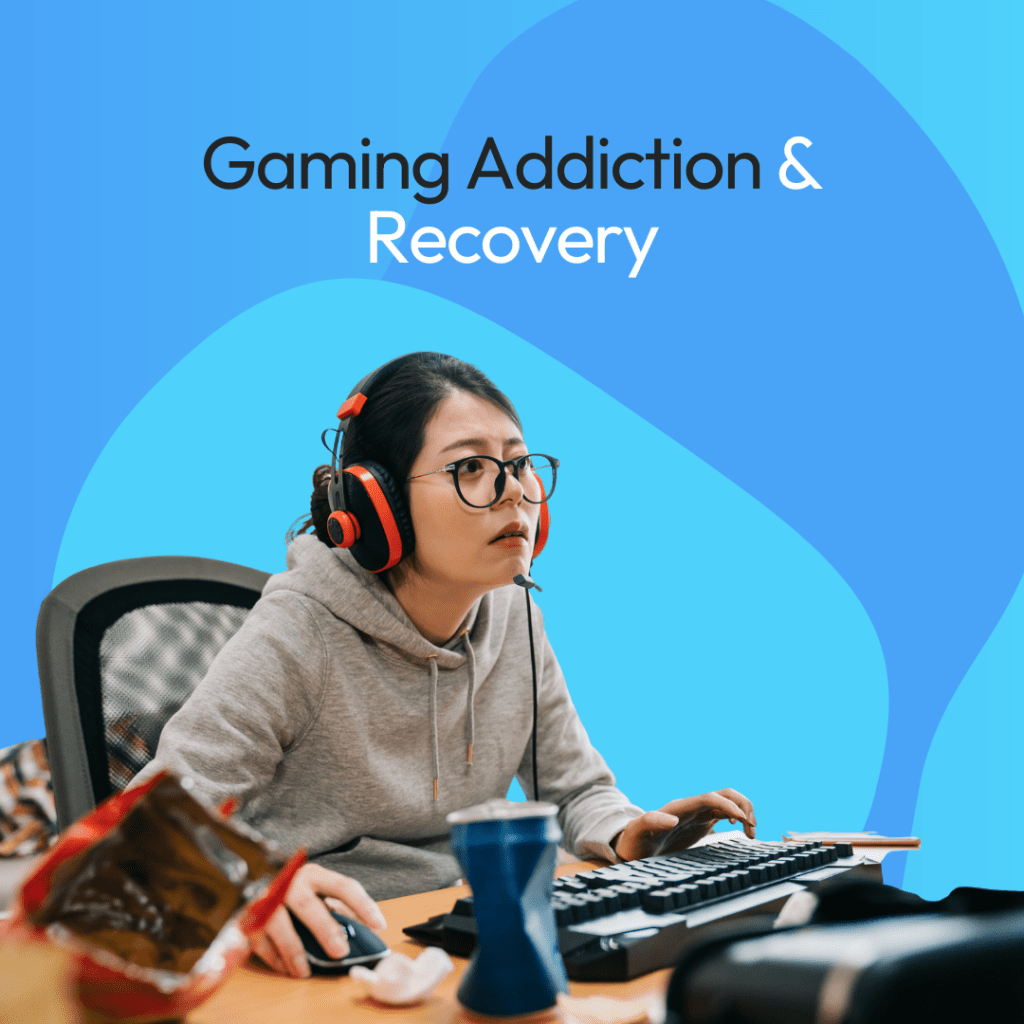Online gaming always gets a bad rap. Although it has incredible benefits, including promoting creativity and developing critical problem-solving skills, the risk of developing gaming addiction is a serious issue that’s hard to ignore. When not addressed accordingly, gaming addiction can profoundly impact children’s health and emotional wellness. In this blog, Elizabeth Shields of DeluxeMaid shares some tell-tale signs of gaming addiction in children and digital parenting strategies to help them recover.

Signs Your Child Is Addicted to Gaming
- Preoccupation with online games – They constantly think about it, talk about it, or plan their next gaming session when they’re not playing.
- Loss of interest in other activities – They no longer enjoy sports, hobbies, or spending time with friends.
- Withdrawal symptoms – Your child may become irritable, moody, or anxious when they cannot play their games.
- Neglecting responsibilities – They start to forget about schoolwork, chores, or other responsibilities they need to do.
- Sleep disturbances – They may stay up late playing games and have difficulty waking up in the morning.
- Lying about gaming – They’re beginning to lie about how much time they spend playing games or hide their gaming habits from parents or caregivers.
- Negative physical symptoms – Your child may experience headaches, eye strain, or wrist pain from prolonged gaming sessions.
How to Address Gaming Addiction in Children
- Acknowledge the problem. – It’s essential to understand that addiction is a real issue, and your child may need professional help. Speak with your child openly and honestly about your concerns. Refrain from using an accusatory tone. Instead, be kind and compassionate. For example, you can say something like this:
“I am concerned that you may be addicted to gaming. I have noticed that you spend a lot of time playing games, which seems to affect your daily life and responsibilities. So let’s discuss how we can help you better balance gaming and other activities.”
- Establish clear rules and boundaries. – Taking away your child’s gaming devices completely and immediately may only backfire as they react negatively. A better strategy may be to regulate the activity by limiting your child’s screen time each day. Set specific times for gaming and having consequences for breaking the rules.
- Encourage other fun-filled activities. – Replace gaming time with equally exciting things to do at home. In addition, ask your child for a list of sports or hobbies they’d like to try. Enroll them in soccer, ballet school, or volunteering to take their mind off gaming. It helps if they can do something where they can socialize and meet new friends.
- Seek professional help. – If your child is struggling with gaming addiction and has extreme reactions, it may be necessary to seek professional help. A therapist or counselor can help your child work through the underlying issues driving their addiction and develop healthy coping strategies for managing cravings and avoiding relapse.
- Be supportive. – Recovery from addiction can be challenging, and it’s crucial to support your child throughout their journey. Celebrate their successes, be patient with setbacks, and let them know that you are and will always be there for them every step of the way.
- Set a good example. -Inspire your child by modeling healthy behaviors around technology and gaming. If you are constantly glued to your phone or computer, it sends a message that these activities are more important than other aspects of life.